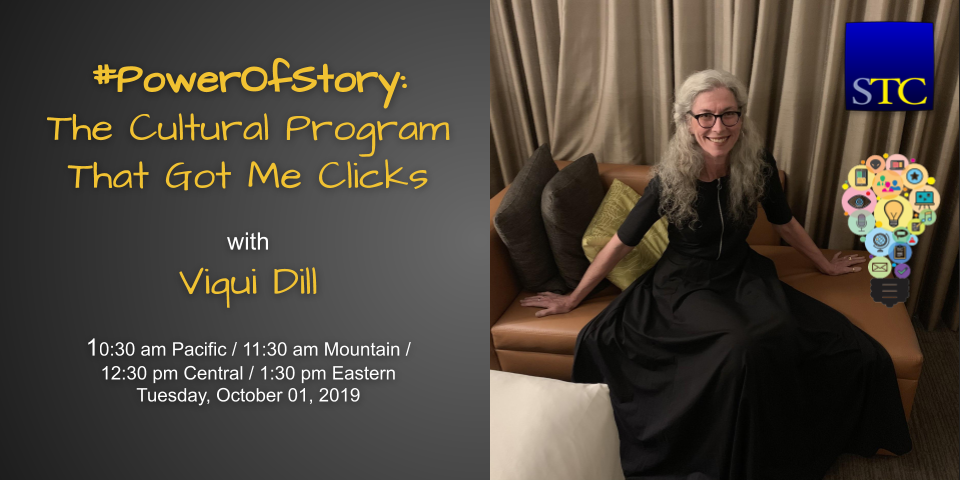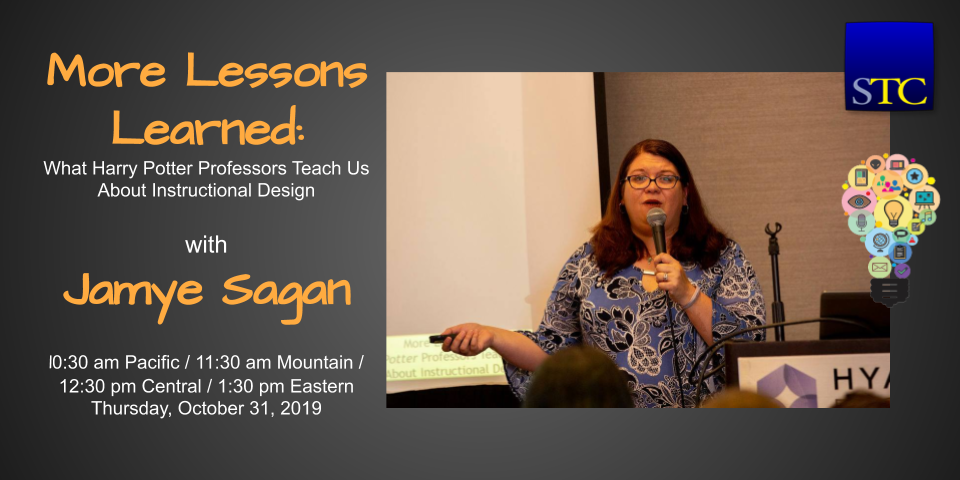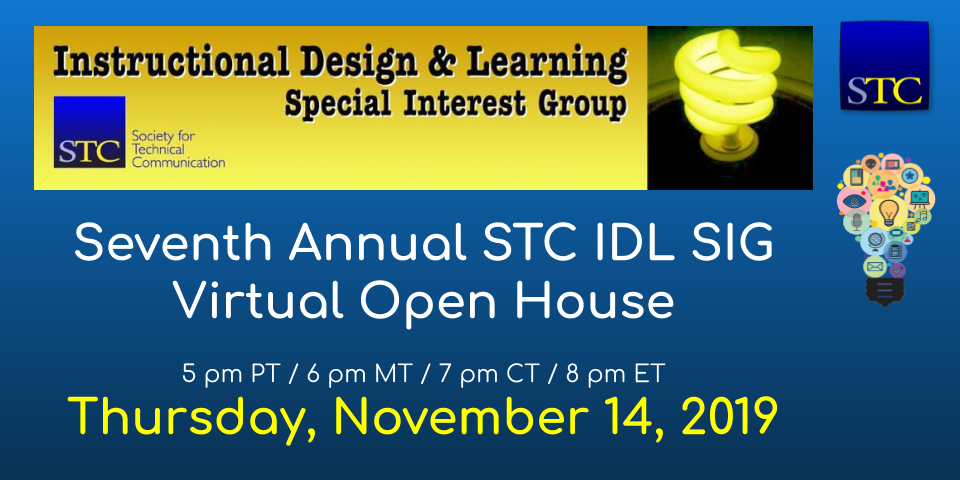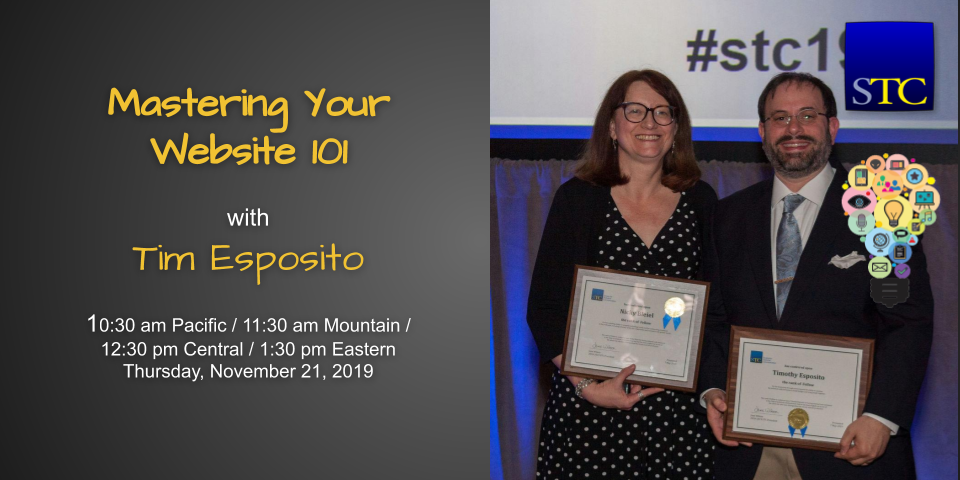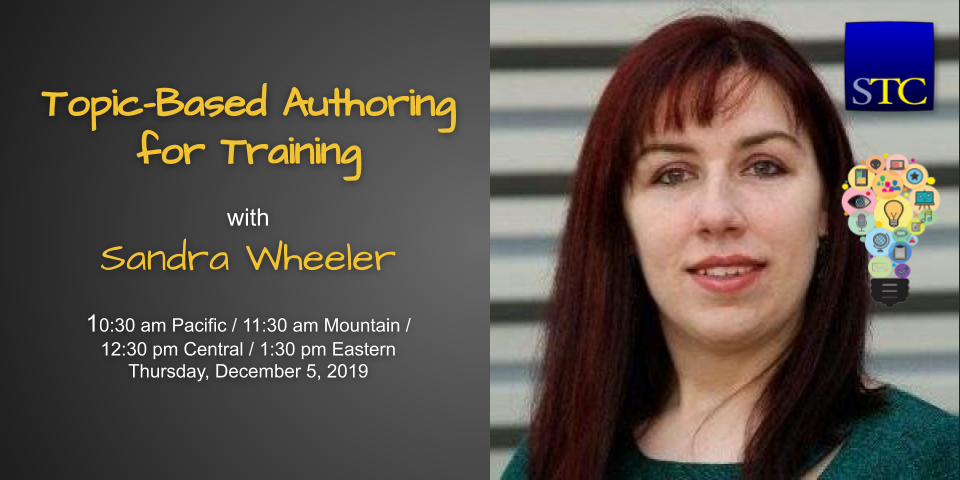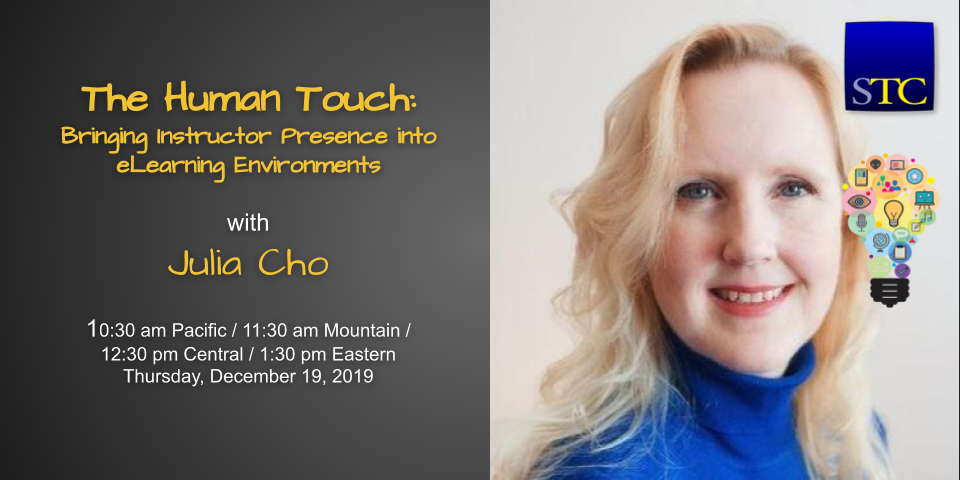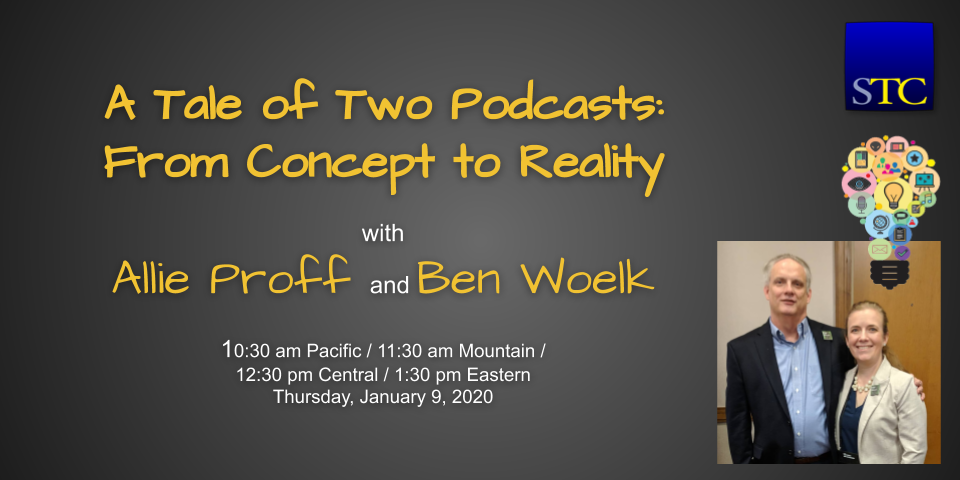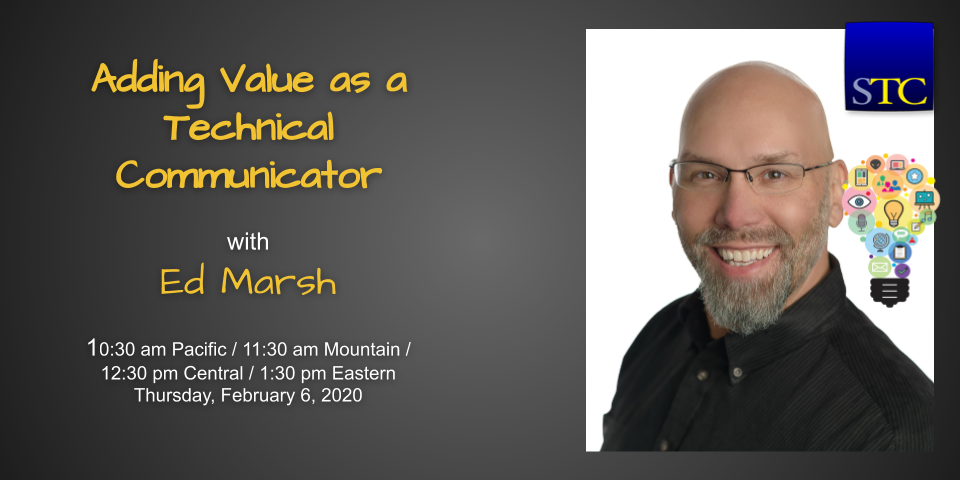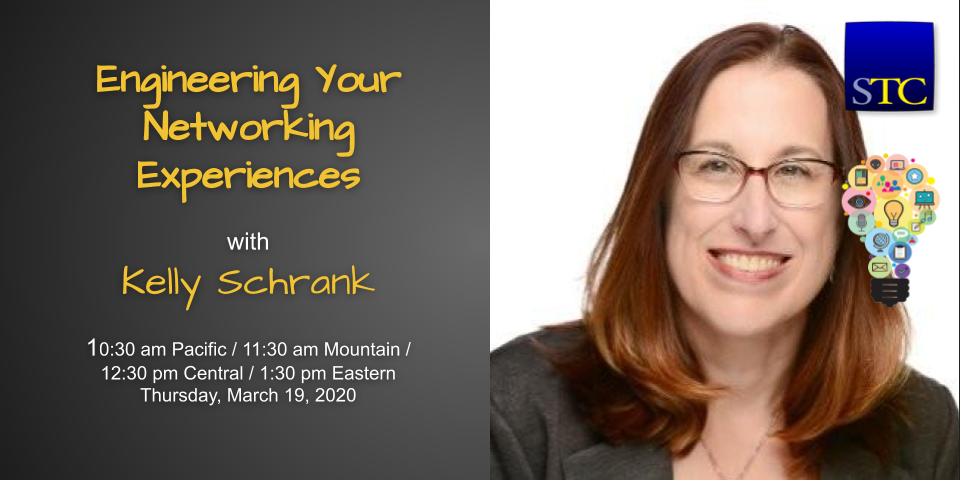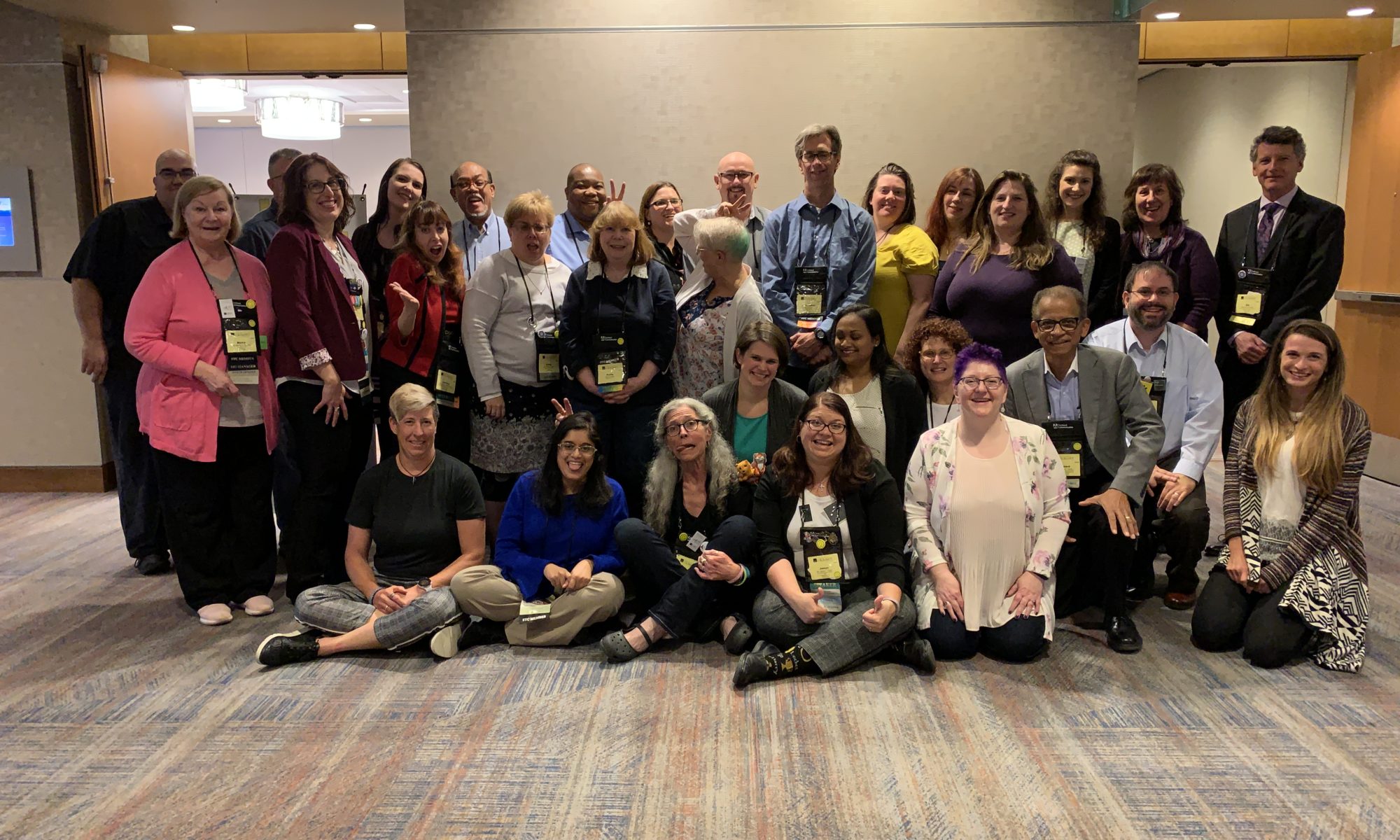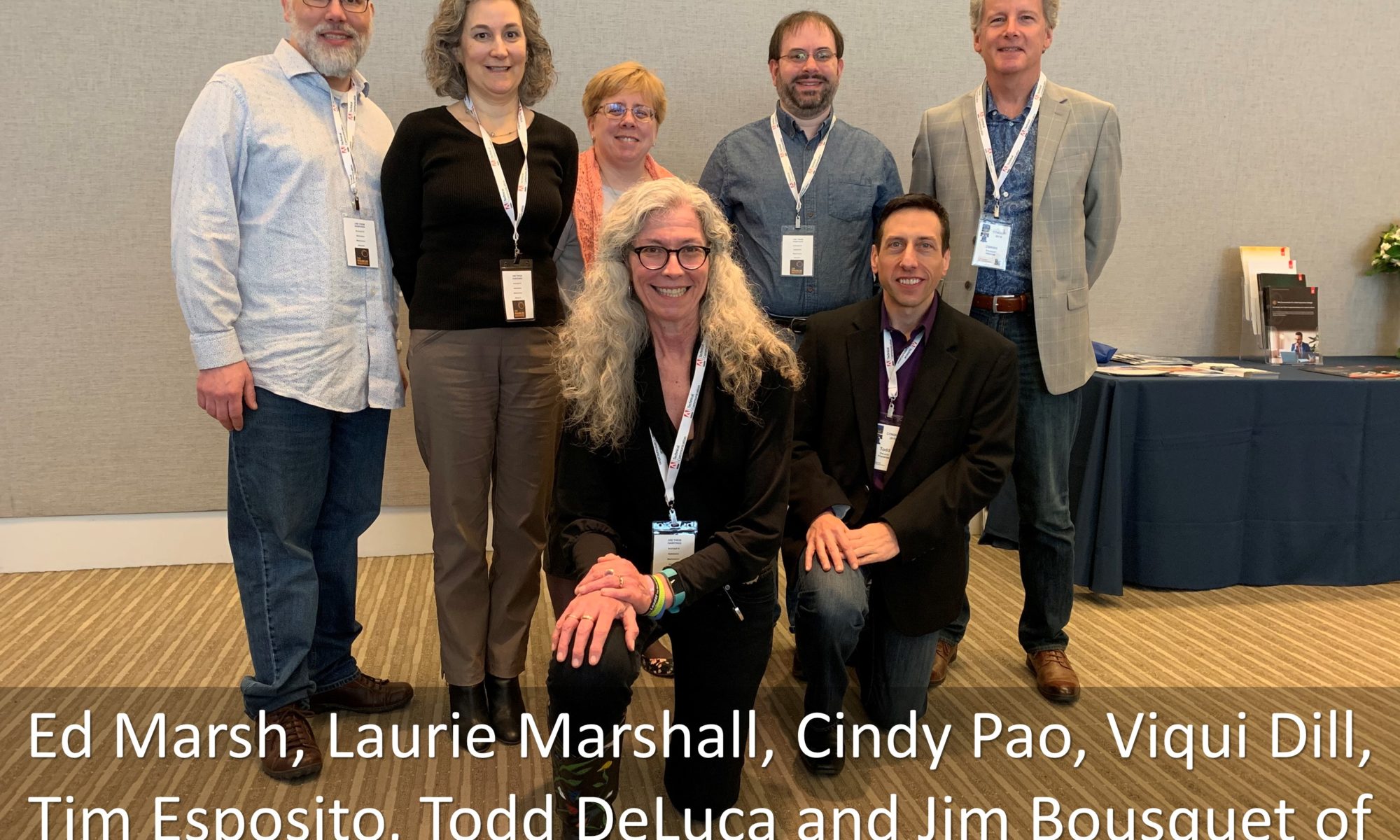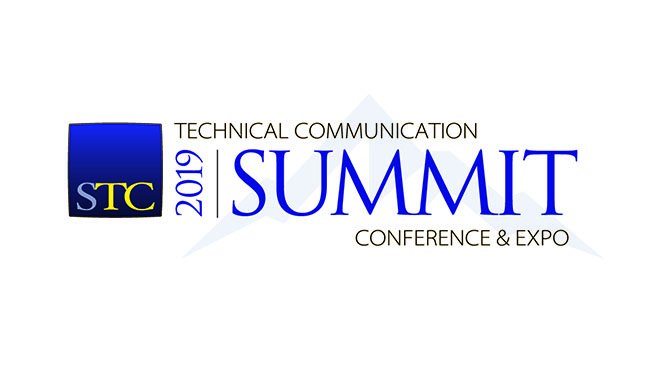By Viqui Dill, IDL SIG Programs lead
On April 5 and 6, the STC Philadelphia Metro chapter held their annual Conduit regional conference at the Franklin Institute in Philadelphia, Pennsylvania. IDL SIG members were well represented, both as attendees and as presenters. I attended on the second day, April 6.
Getting to the conference on time was a challenge. Philadelphia was hosting the 13th Annual Race for Humanity to benefit Camp Can Do. Imagine crossing the street dodging runners in both directions as the race went around the Swann Memorial Fountain adjacent to the Franklin Institute.
Danielle Villegas, IDL SIG member and past president of the STC Philadelphia Metro Chapter (STC-PMC), welcomed attendees and opened the day.
Bernard Aschwanden, representing the event host, Adobe Technical Communication, delivered opening remarks. Using a clever combination of stories and product announcements for Adobe, Aschwanden urged the group to make one to one connections and build one to one relationships using any means possible, even twitter.
Neil Perlin delivered the keynote address, “Preparing for the Unknown.” He reminded the group that our tools have changed, noting that pencils have given way to the typewriter, replaced by the word processor, and now the worldwide web. “Tools are irrelevant,” Perlin stated, and then he quoted Rick Lippincott and said “We explain things.” One takeaway he gave the group was to accept the permanent temporary incompetence that comes with constant learning.
Attendees then broke up to attend their choice of four educational sessions.
IDL member Ed Marsh presented “Adding value as a technical communicator.” Marsh urged the group to document how they add value to the organization. “Newsletters work,” he recommended. Pdfs are a bad way to document because the only analytic available with a pdf is the number of downloads. Pdfs are terrible on mobile devices. Technical communicators should embrace data driven content and use the analytics provided to find out how users write and think. Marsh reminded the group that the number of words is not a measure of success. Success means that the right information is delivered to the right person, at the right time.
Although the topic was out of my comfort zone, I next attended “Negotiation Skills: The Missing Ingredient to Content Career Success” presented by Jack Molisani. He began with an icebreaker and rewarded participants with chocolate if they spoke up. He urged the group to do their homework before the negotiation. Know the success criteria and decide ahead of time when to break off the negotiation and walk away. Whenever possible, let the other side make the opening offer. Handle objections with historical data. Molisani then had the group do an exercise negotiating for a lawn care agreement. Each of the groups reported how the negotiations went, what went well, and what did not go well. He then wrapped up with reminding us that negotiating is an art, and that we should find and negotiate with “your people.”
The groups then came together for an amazing lunch provided by the Franklin Institute. Members of the IDL SIG took a moment to get a group photo. Ed Marsh, Laurie Marshall, Cindy Pao, Viqui Dill, Tim Esposito, Todd DeLuca, and Jim Bousquet represented our SIG at the conference.
After lunch, attendees again broke up to attend their choice of four sessions.
Steven Jong presented “Working and Writing across the Generations” explaining how different generations think and communicate differently. Millennials are now the largest generational group and Jong urged attendees to learn how to reach them with mobile-friendly content that is diverse, visual, and embedded.
For the last session of the day, I presented “#PowerOfStory – The cultural program that got me clicks” to a bright and engaged group. I encouraged attendees to speak up by giving them miniature rubber ducks in fun costumes, reinforcing the storytelling theme. My current job is to do internal communications within my company for IT. It’s my job to help four thousand employees make friends with our programs, especially the much avoided Microsoft Office 365 suite of products. I explained how I was able to leverage our corporate #PowerOfStory program to engage employees online and help them get over the fear of change to be able to use the tools for content management and communication.
The groups then came together for the closing session and door prizes. I was lucky enough to win a book of my choice, picking “The Language of Content Strategy” by Scott Abel and Rahel Anne Bailie.
After the conference, attendees gathered at the Kite and Key gastro pub for continued networking and collaboration.
Regional conferences like Conduit, InterChange, and Spectrum are a great benefit of STC membership. Shorter and less expensive than the big international Summit conference, regional conferences often feature some of the same speakers and topics. Smaller conferences make it easy to recognize faces and learn names, leading to better networking. The Conduit conference is an annual event and I urge you to make plans to attend in 2020.



